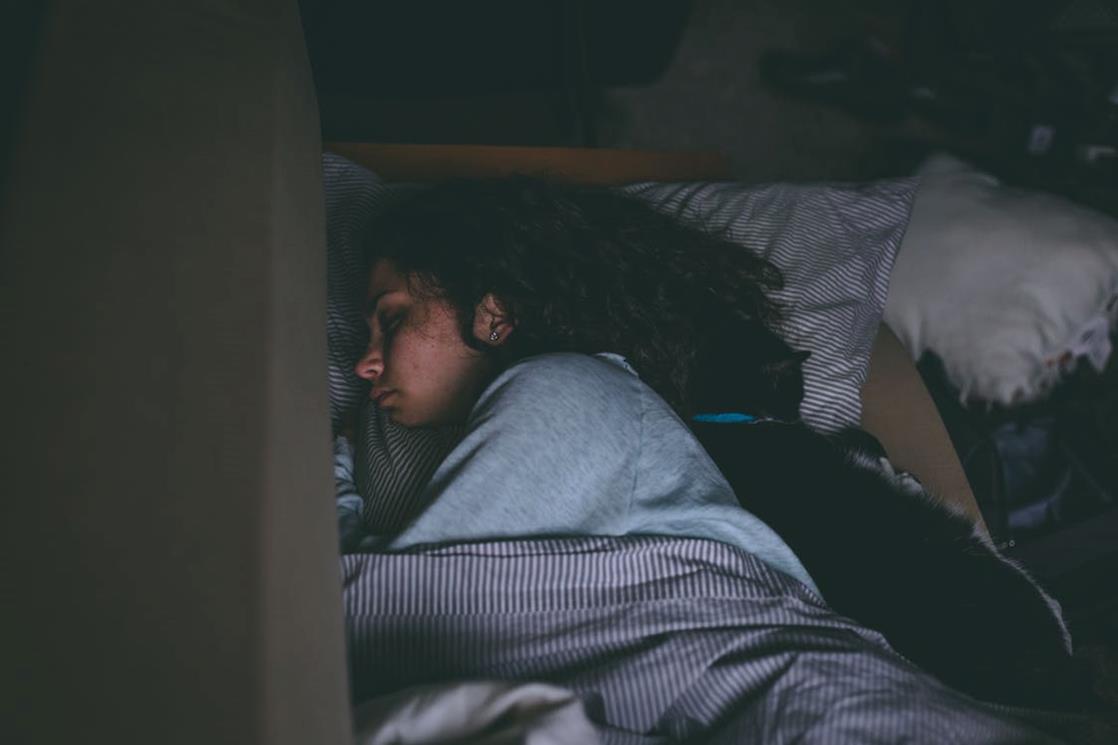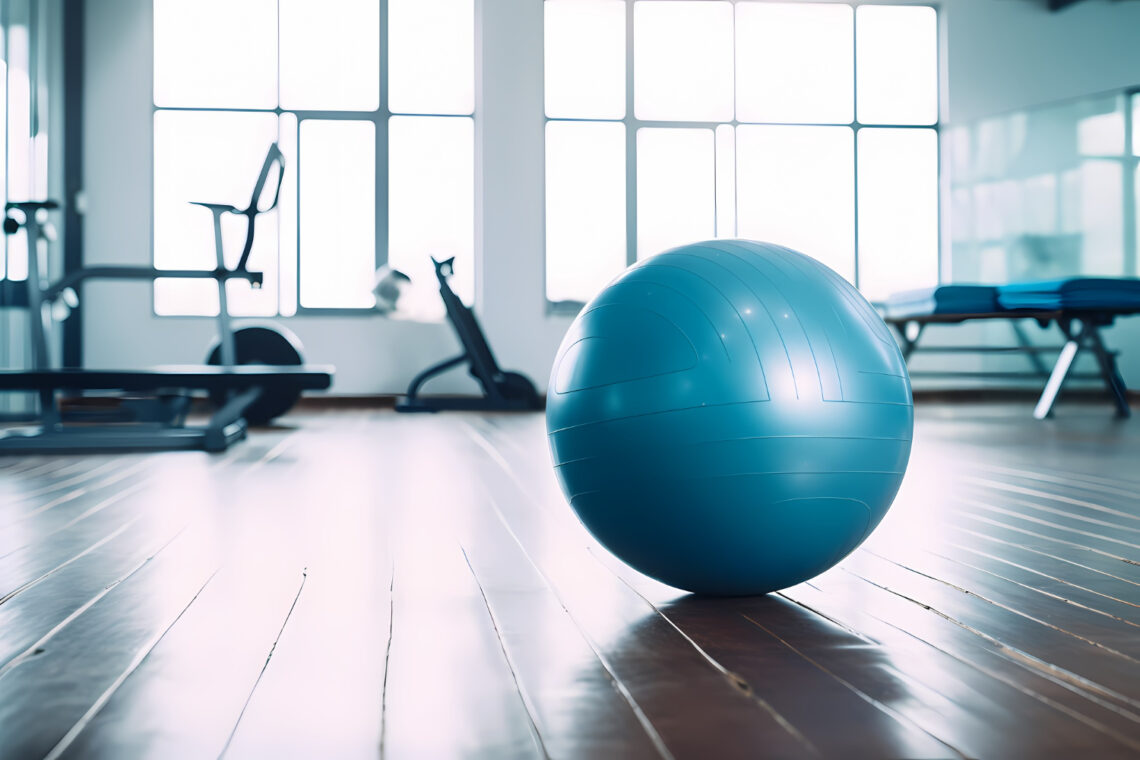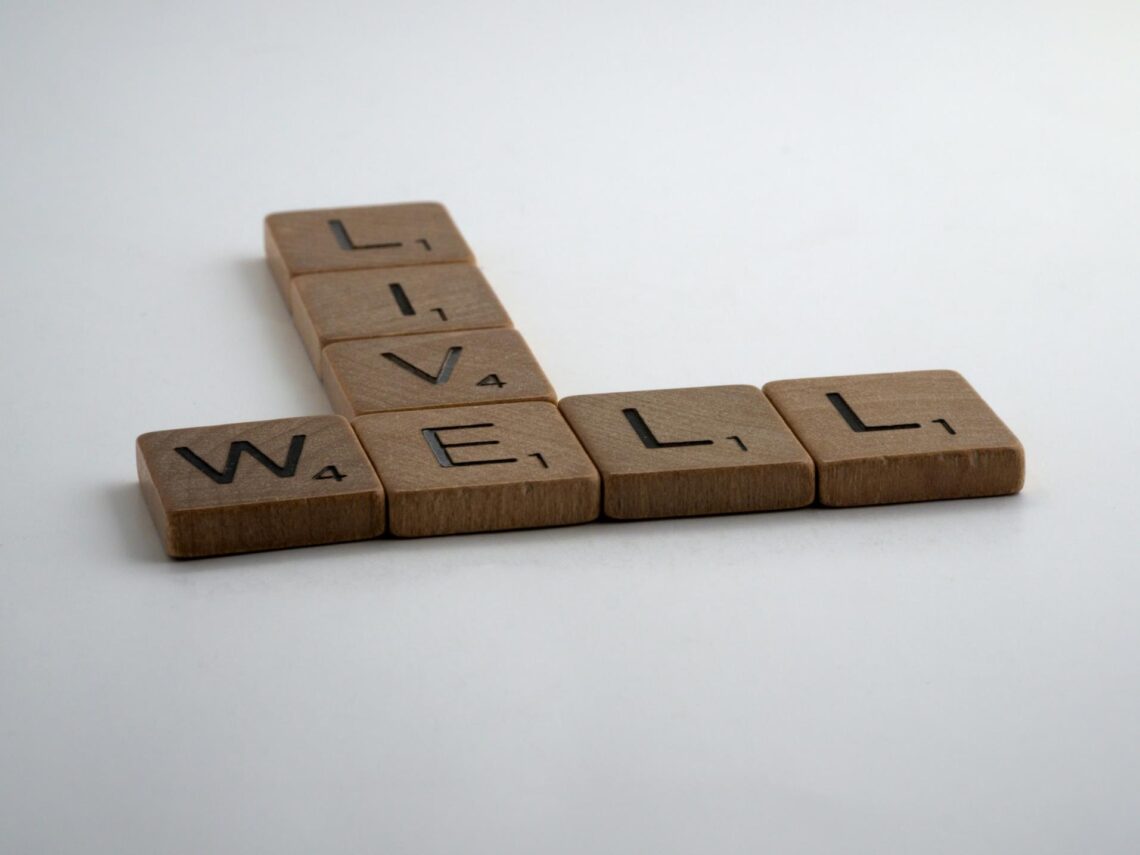March is Sleep Awareness week, so it is important to know how exercise can impact the amount you sleep have, whilst following a structured fitness programme.

Getting a regular dose of deep sound sleep is as important as a short duration of sleep is linked to an increase in food intake, which may play a part in the development of abdominal fat.
Sleeping for adequate hours every night can be an easy way to alleviate your weight loss. It is recommended to sleep for seven to nine hours every day to ensure your body repairs properly and you can prevent obesity. According to the National Sleep Foundation, adults should sleep for seven to nine hours every night.
Not getting enough good sleep also may, potentially, lead to unhealthy eating behaviours, such as emotional eating.
When you stay awake late then this stress hormone signals your body to conserve energy to fuel your waking hours. Translation: You are more apt to hang on to fat. Researchers found that when dieters cut back on sleep over a 14-day period, the amount of weight they lost from fat dropped by 55%, even though their calories stayed equal.
Quantity of sleep in hours
The most important reason to have adequate sleep is it’s the chief repair mechanism of our whole being. Any disruption of our sleep patterns consequently disrupts our anabolic (build-up)/ catabolic (tear-down) processes. Between the times of 10:00 pm and 2:00 am the body goes through a dramatic process of physical repair.
Between roughly 2:00 am and 6:00 am the body will go through a process of psychological repair. It’s crucial that we allow the body to do its automatic repair shop from within.
Sleeping for 7-9 hours per night is crucial, especially if you are looking to change body composition, increase muscle mass, and/or if you want to be ready for your personal training/zoom session the next day. Sleep enhances muscle recovery through protein synthesis and human growth hormone release.
So now you know, let us ensure that we set up a regular whining downtime, with all electronic devices switched off, and even practice yoga, evening stroll, or a soak in the bath. If you have problems sleeping there are many other ways.
According to recent sleep experts, research also indicates that exercise decreases sleep complaints and insomnia in patients.
The effects of aerobic exercise on sleep appear to be similar to those of sleeping pills. However, more research is needed to compare physical exercise to medical treatments for insomnia.
Tips for a perfect night’s Sleep
The following tips are what I recommend for a decent night’s sleep following an exercise session:
- Make the bedroom welcoming – Get the best mattress you can afford and turn the bedroom into a haven you feel relaxed in, by having a comfortable, welcoming bedroom will make sleep time more inviting.
- Cultivate a wind-down routine – after a workout, why do things that relax rather than stimulate you, perhaps have a hot bath or herbal drink. Even better, take a break from social media and responding back to your work emails late at night.
- Remove all devices from your Bedroom – by having away from your bedroom or bedside tablet, certain devices emit blue light that suppresses the sleep hormone melatonin.
- Do not obsess about not sleeping – it is important not to obsess about not sleeping when you cannot get to sleep makes it worse. Think of other, more pleasant things.
For additional tips on sleeping well check out this article from Healthline:
https://www.healthline.com/nutrition/17-tips-to-sleep-better




